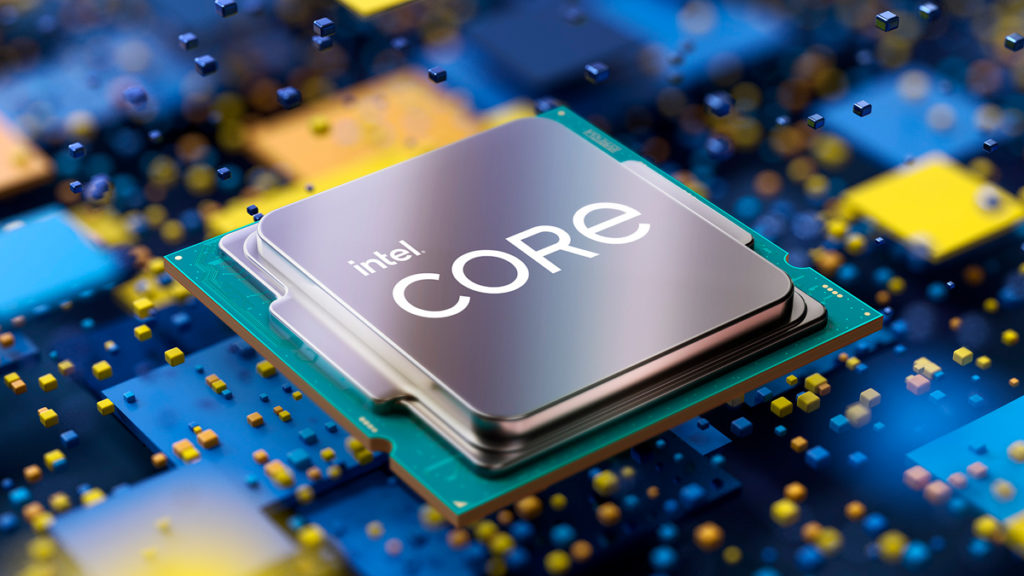Image: Intel
Intel fans are hoping that the company’s next flagship processor will overshadow the performance of AMD’s current champ, the Ryzen 9 5950X. Luckily for them, things definitely seem to be leaning that way.
New benchmarks for 12th Gen Core i9-12900K “Alder Lake-S” processor have appeared on Geekbench that suggest Intel’s upcoming flagship will not only perform faster than red team’s Ryzen 9 5950X, but beat it by a pretty substantial amount.
Intel’s Core i9-12900K managed a single-core score of 1,893 and multi-core score of 17,299 in the test. AMD’s Ryzen 9 5950X, in comparison, only features scores of around 1,691 and 16,723 in Geekbench’s averages, respectively. The implication is that Intel’s Core i9-12900K will boast around 11 percent faster single-core performance and around 4 percent faster multi-core performance than AMD’s Zen 3 chip...
Continue reading...
